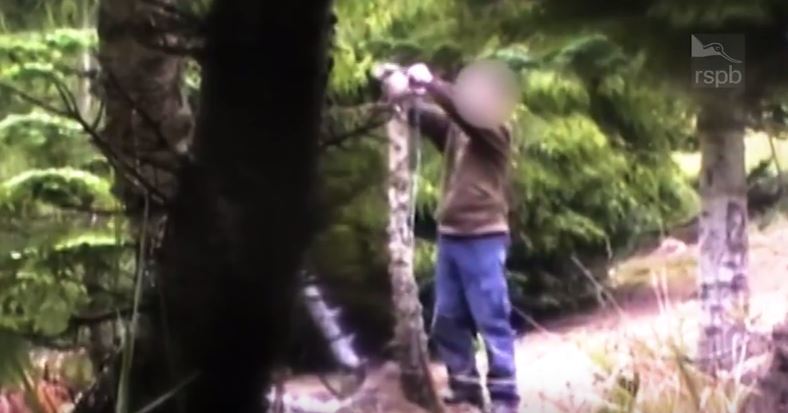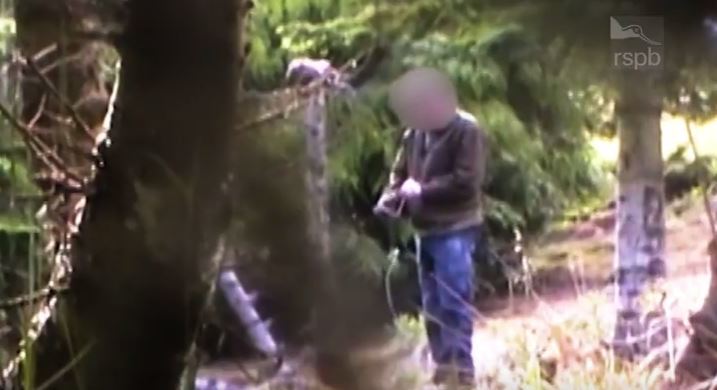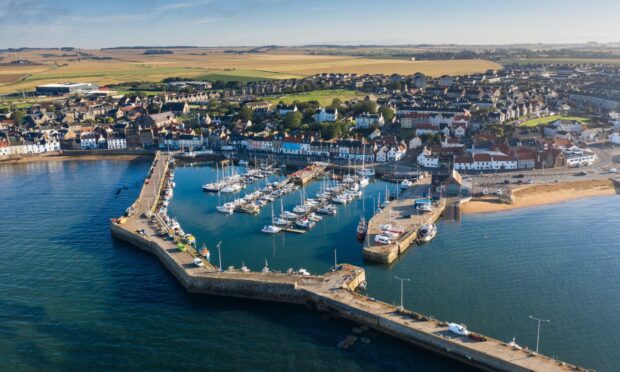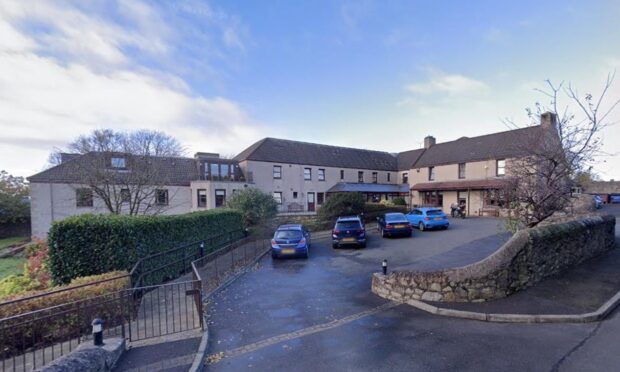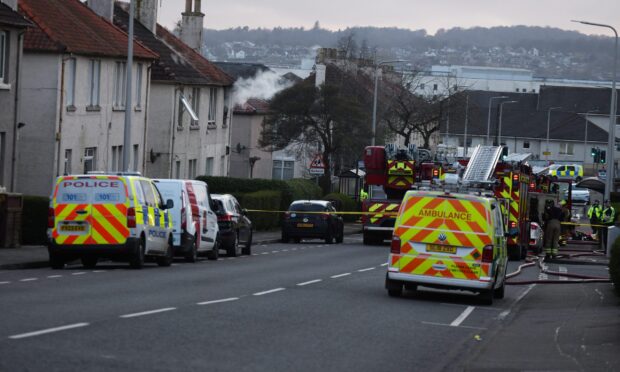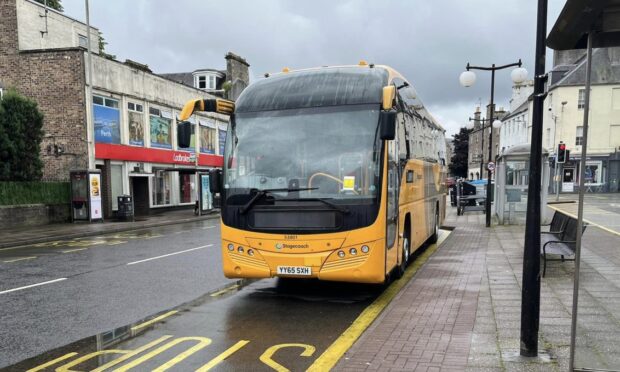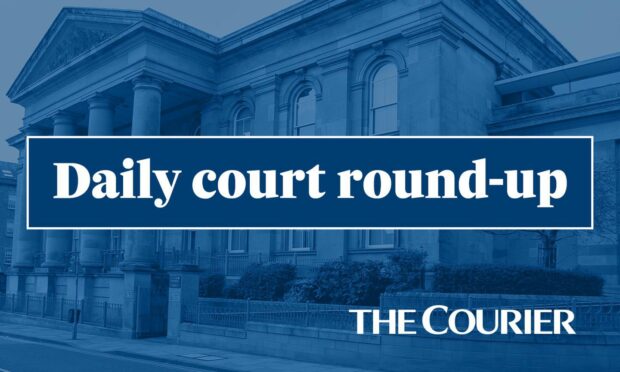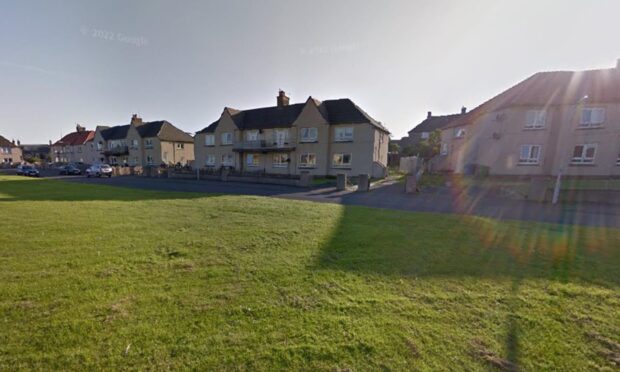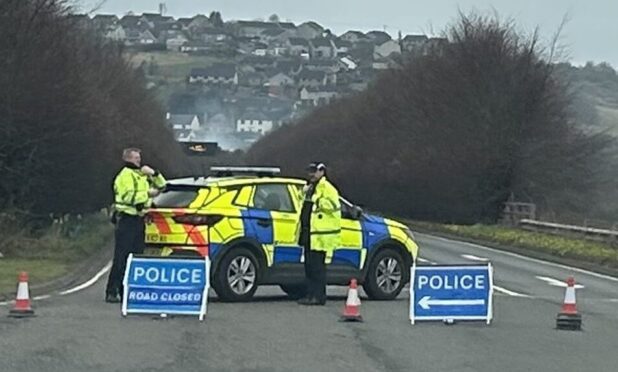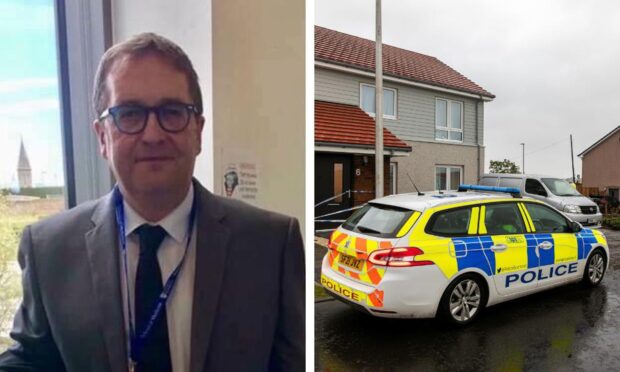Wildlife crime prosecutors have been asked to explain how “inadmissible” video evidence has stalled several recent prosecutions.
RSPB Scotland and the Scottish Wildlife Trust said public confidence in raptor crime prosecution is being “significantly undermined” after a decision to drop a case against a former gamekeeper accused of setting pheasant-baited traps on the Angus/Perthshire border.
RSPB Scotland said it captured video footage of an illegal pole trap being set up on an estate.
However, the Crown Office said that the law places limitations on the admissibility of evidence which has been obtained irregularly.
Angus South MSP Graeme Dey, who convenes the Scottish Parliament’s environment, climate change and land reform committee, has now invited the Crown Office’s head of health and safety to explain the gathering and admissibility of evidence of potential wildlife crime.
Mr Dey said of the letter to Gary Aitken: “Our committee has today written to the Crown Office seeking clarity on the use of evidence, particularly video evidence, in helping to address crimes against Scotland’s precious wildlife.
“These days, there’s clearly an argument for the use of video, CCTV, or even social media to be considered when a crime against any animal is alleged to have been committed.
“And, as it’s often the case that poaching or killing of wildlife occurs in some of the most remote areas in Scotland, these crimes can sometimes go under the radar because there is no one around to act as a witness.
“In light of recent events, we’ve asked the Crown Office for information on the admissibility of evidence, including video and CCTV, whether there is any clear guidance on this, and how they interpret whether evidence is admissible or not.”
At a meeting of the Holyrood committee in January, Detective Chief Superintendent Sean Scott of Police Scotland highlighted the “huge amount of effort” dedicated to gathering evidence to present to the Crown and Procurator Fiscal Service in order for it to prosecute.
DCS Scott told the committee of the geographical challenges involved in gathering evidence of wildlife crime due to, among other issues, “lack of closed-circuit television, witnesses, social media or open source information.”
Snare-setting charges surrounding an incident on the Glenogil Estate between Forfar and Brechin were dropped in 2016 following the analysis of video evidence.
Critical RSPB
RSPB Scotland said it was “deeply concerning” after learning that charges had been dropped against a former gamekeeper accused of baiting a fenn trap with a pheasant carcass at Brewlands Estate in Glenisla almost two years ago.
The body was also critical of a recent decision to drop charges against a former gamekeeper accused of shooting a bird of prey in Moray which was also the subject of submitted video material.
RSPB Scotland’s head of species and land management, Duncan Orr-Ewing said: “For one case, where there was excellent video evidence to support the prosecution, to be discontinued inexplicably by the Crown Office so close to the trial was baffling.
“For a second case to be discontinued, again with no explanation from the Crown Office, and again without the opportunity for the evidence to be tested in court, is deeply concerning, and significantly undermines our confidence in the ability of Scotland’s justice system to bear down on the criminals who continue to target our protected birds of prey.”
The Crown Office said discussions have taken place over a number of years between RSPB and COPFS about the admissibility of evidence obtained through the use of covert surveillance.
“The Crown has consistently made clear the limitations which the law places on the admissibility of evidence which has been obtained irregularly. The Crown will continue to have further dialogue with RSPB to explain the legal position.
“The Crown is committed to the rigorous, fair and independent prosecution of crime, including wildlife and environmental crime.
“The investigation of crime is subject to rules which have developed over many years and aim to strike a balance between enabling justice to be done and protecting the public from illegal or irregular invasions of their liberties. The Crown requires to apply the law fairly and independently to the circumstances of each case.”
